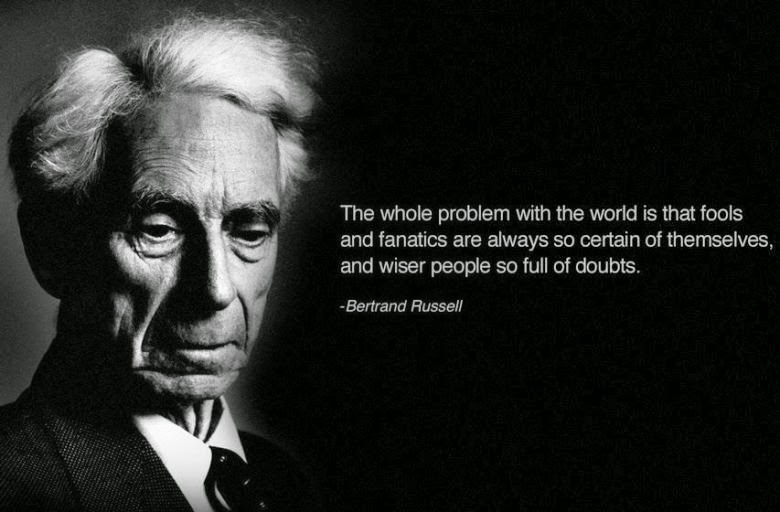ETHICS QUOTES
1.
Even God cannot change the past.
--Aristotle
2.
So the good has been well explained as that at which all things aim.
--Aristotle
3.
We make war that we may live in peace.
--Aristotle
4.
I am never to act otherwise than so that I could also will that my maxim should
become a universal law.
---Immanuel
Kant
5.
How often misused words generate misleading thoughts.
--Herbert
spencer
6.
Absolute morality is the regulation of conduct in such a way that pain shall
not be inflicted.
--Herbert
spencer
7.
As soon as one is unhappy one becomes moral.
--Marcel Proust
8. Life without industry is guilt,
and industry without art is brutality.
--John Ruskin
9. To fear love is to fear life, and
those who fear life are already three parts dead.
--Bertrand Russell
10.
If one does not know to which port one is sailing, no wind is favourable.
--Seneca
11. Money is indeed the
most important thing in the world; and all sound and successful personal and
national morality should have this fact for its basis.
--George Bernard Shaw
12.
Pickering: Have you no morals, man?
Doolittle:
Can’t afford them, Governor.
--George Bernard Shaw
13. Absolute morality is
the regulation of conduct in such a way that pain shall not be inflicted.
--Herbert Spencer
14. No one can be perfectly free till
all are free; no one can be perfectly moral till all are moral; no one can be
perfectly happy till all are happy.
--Herbert Spencer
15. What is morality in
any given time or place? It is what the majority then and there happen to like,
and immorality is what they dislike.
--Alfred North Whitehead
16. We do not look in
great cities for our best morality.
--Jane Austen
17. The greatest happiness
of the greatest number is the foundation of morals and legislation.
--Jeremy Bentham
18 All punishment is mischief: all
punishment in itself is evil.
--Jeremy Bentham
19 Food comes first, then morals.
--Bertolt Brecht
20. The end justifies the
means.
--Hermann Busenbaum
21. We must have religion for religion’s
sake, morality for morality’s sake, as with art for art’s sake...the beautiful
cannot be the way to what is useful, or to what is good, or to what is holy; it
leads only to itself.
-- Victor Cousin
22. The highest possible stage in moral
culture is when we recognize that we ought to control our thoughts.
-- Charles Darwin
23.
If art does not enlarge men’s sympathies, it does nothing morally.
--George Eliot (Mary Ann Evans)
24 In all ages of the world, priests
have been enemies of liberty.
--David Hume
24. Two things fill the mind with
ever new and increasing wonder and awe, the more often and the more seriously
reflection concentrates upon them: the starry heaven above me and the moral law
within me.
--Immanuel
Kant
25. Man’s capacity for justice makes democracy
possible, but man’s inclination to
injustice makes democracy
necessary.
-- Reinhold Niebuhr
26. Injustice anywhere is a threat to
justice everywhere.
--Martin Luther King


.jpg)
